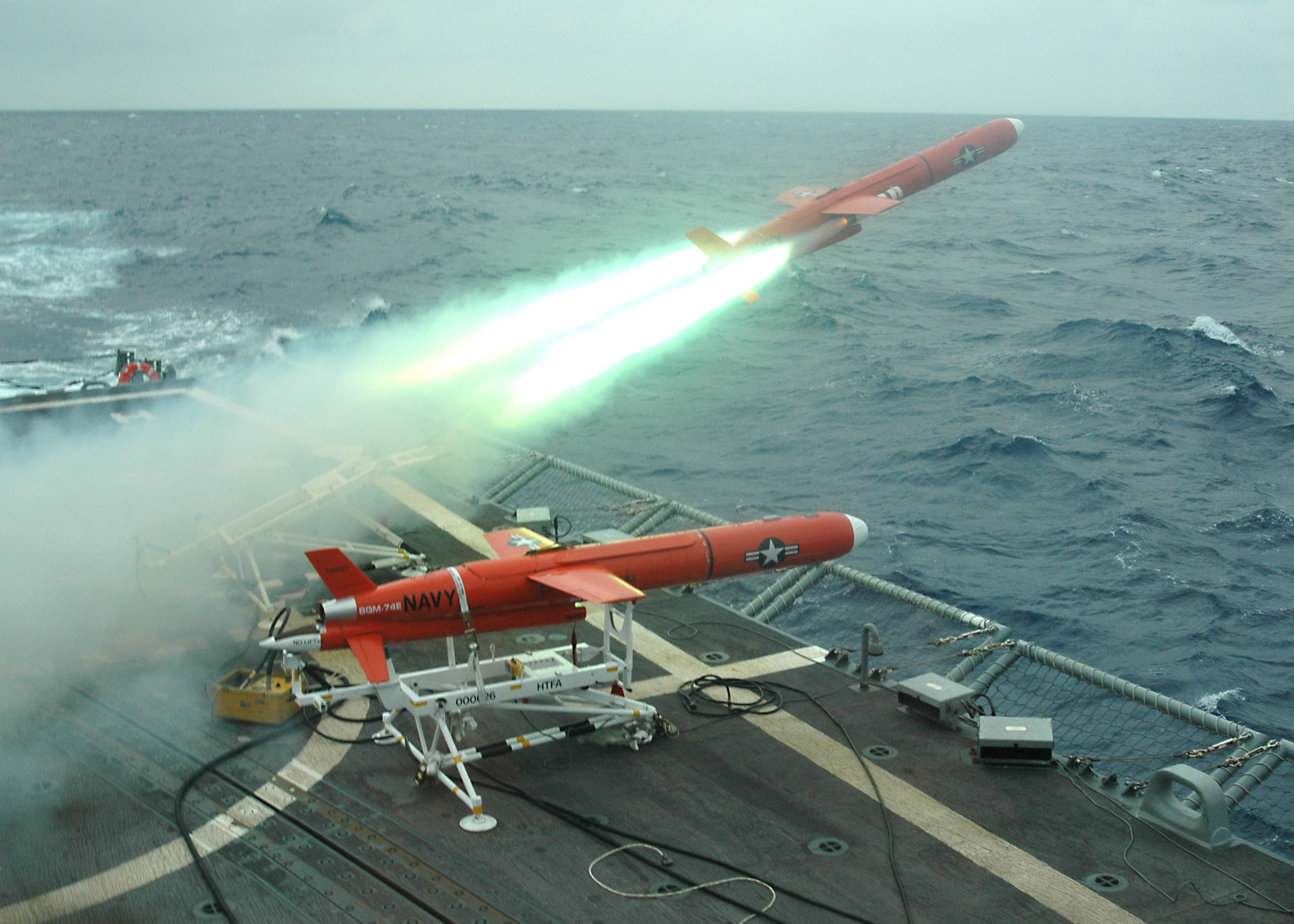
Photo by Dahr Jamail, used with permission
There was no casus belli (just cause) for the 2003 invasion of Iraq. The leaders of the coalition forces treated the lives of Iraqi civilians with reckless disregard as they bombed and invaded Iraq, citing intelligence they knew to be questionable. The shock-and-awe bombing of Iraq claimed over 7,000 lives, and the subsequent occupation claimed hundreds of thousands more.
The occupation also shredded the social fabric of Iraqi society, exploited a social division in Iraq that previously held little significance, provoked a civil war between the Sunni and Shia communities, and has resulted in entrenched resentments and a divided country.
Entire communities have been displaced, uprooting people, robbing them of their historical bond with their locality. The agricultural system, the historic seed bank, the marshes, have all been forced to change.
The medical and educational systems have been destroyed too. Many Iraqi researchers, instructors, and doctors have been assassinated. Many others have fled the country, leaving these essential services understaffed and incapable of meeting the needs of Iraqis.
Worse yet, pollution from war has left Iraq with a crippling public health crisis. Rises in birth defects and cancers have been reported throughout the country, with extreme rates in cities like Fallujah and Basra. Iraq will remain contaminated with radiation for billions of years because of uranium weapons. And the extent of the contamination from other sources—such as burn pits and lead and mercury from conventional munitions—is still unknown.
The occupation has left Iraq divided, polluted, and silenced under a corrupt political system and an oppressive government that enjoys considerable support from both the US and Iran.
What was taken from Iraqis can never be given back to them in its entirety. The harm our society caused theirs is immeasurable. Reparations are a moral imperative. Though the cause of the harm may be unidirectional, the healing will not be. Assisting Iraqis in the rebuilding of their society will cultivate in us a culture of responsibility, solidarity, and caring.
Join us at Islah [http://www.reparations.org/projects/truth-reconciliation/ in collaborating with Iraqis who are rebuilding the social infrastructure of their society. Help us in confronting the public silence surrounding the crimes committed against the Iraqi people. By campaigning for an international war crimes tribunal too, we hope to collaborate with Iraqis to create the requisite conditions for a future truth and reconciliation commission.
Ross is currently on the Board of Directors of ISLAH. He is also a graduate student and a writer. In 2004, he was a US Marine in the US-led occupation of Iraq. His experience there, in particular his experience during the 2nd siege of Fallujah, compelled him to leave the US military and join the anti-war movement. His activism has focused on our society’s moral obligation to our victims in Iraq, and to the responsibility of veterans to renounce their hero status in America.


